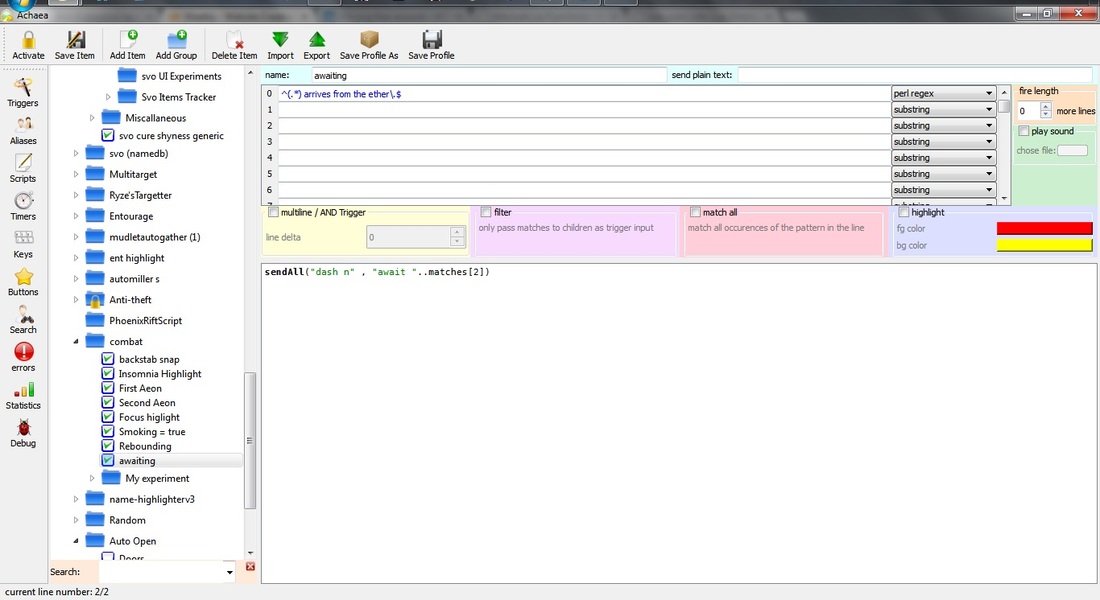

Instead of top, right, bottom, left it sets top, right,, bottom.

ipairs() type of tables with numerical indices. the setBorderSizes function doesnt seem to be working for me. This is the standard Lua way of getting the size of index tables i.e. Parametersįor index based tables you can get the size with the # operator: See for more info table.size table.size (t) Returns the size of a key-value table (this function has to iterate through all of the table to count all elements). The sort algorithm is not stable that is, elements considered equal by the given order may have their relative positions changed by the sort. If comp is not given, then the standard Lua operator < is used instead. If comp is given, then it must be a function that receives two table elements, and returns true when the first is less than the second (so that not comp(a,a) will be true after the sort). "/a", mytable ) table.sort table.sort(Table ) Sorts table elements in a given order, in-place, from Table to Table, where n is the length of the table. Saves the table mytable to the lua file mytable in your Mudlet Home Directory table. table.keys table.keys(table) return a table that is the collection of the keys in use by the table passed in Parameters index_of ( words, "greetings" )) end table.is_empty table.is_empty(table) Check if a table is devoid of any values. addWordToDictionary(word): Adds the given word to the custom profile or shared.

contains ( words, "greetings" ) then table.remove ( words, table. A collection of functions used to manipulate strings. The function to use for determining what order to iterate the items in the table. Spairs spairs(tbl, sortFunction) Returns an iterator similar to pairs(tbl) but sorts the keys before iterating through them. Through them you can add to tables, remove values, check if a value is present in the table, check the size of a table, and more. (optional) if provided, this will be the width of unprintable character, used display a non-character mark for these characters.These functions are used to manipulate tables. This is a reverse operation of utf8.width(). utf8.widthindex utf8.widthindex(string, location]) Returns the character index at the location in the given string as well as the offset and the width. (optional) if provided, this will be the width of unprintable character, used display a non-character mark for these characters. (optional) if provided, the ambiguous width character's width is 2, otherwise it's 1.
#MUDLET STRING FUNCTIONS CODE#
If the string is a code point, return the width of this code point. title ( "Привет" )) - 'ПРИВЕТ' utf8.width utf8.width(string]) Calculate the widths of the given string. %? - '?' stands for any other character: escape this character. T = - same as %nnn but has bracket around. String.find() works with English text only, use utf8.find() for the international version. If the pattern has captures, then in a successful match the captured values are also returned, after the two indices. Note that if plain is given, then init must be given as well. A value of true as a fourth, optional argument plain turns off the pattern matching facilities, so the function does a plain "find substring" operation, with no characters in pattern being considered "magic". A third, optional numerical argument init specifies where to start the search its default value is 1 and can be negative.

If it finds a match, then find returns the indices of text where this occurrence starts and ends otherwise, it returns nil. ends ( line, "in bed" ) then echo ( "in bed \n " ) end string.find, utf8.find string.find(text, pattern ]) or utf8.find Looks for the first match of pattern in the string text. This will test if the incoming line ends with "in bed" and if not will add it to the end.


 0 kommentar(er)
0 kommentar(er)
